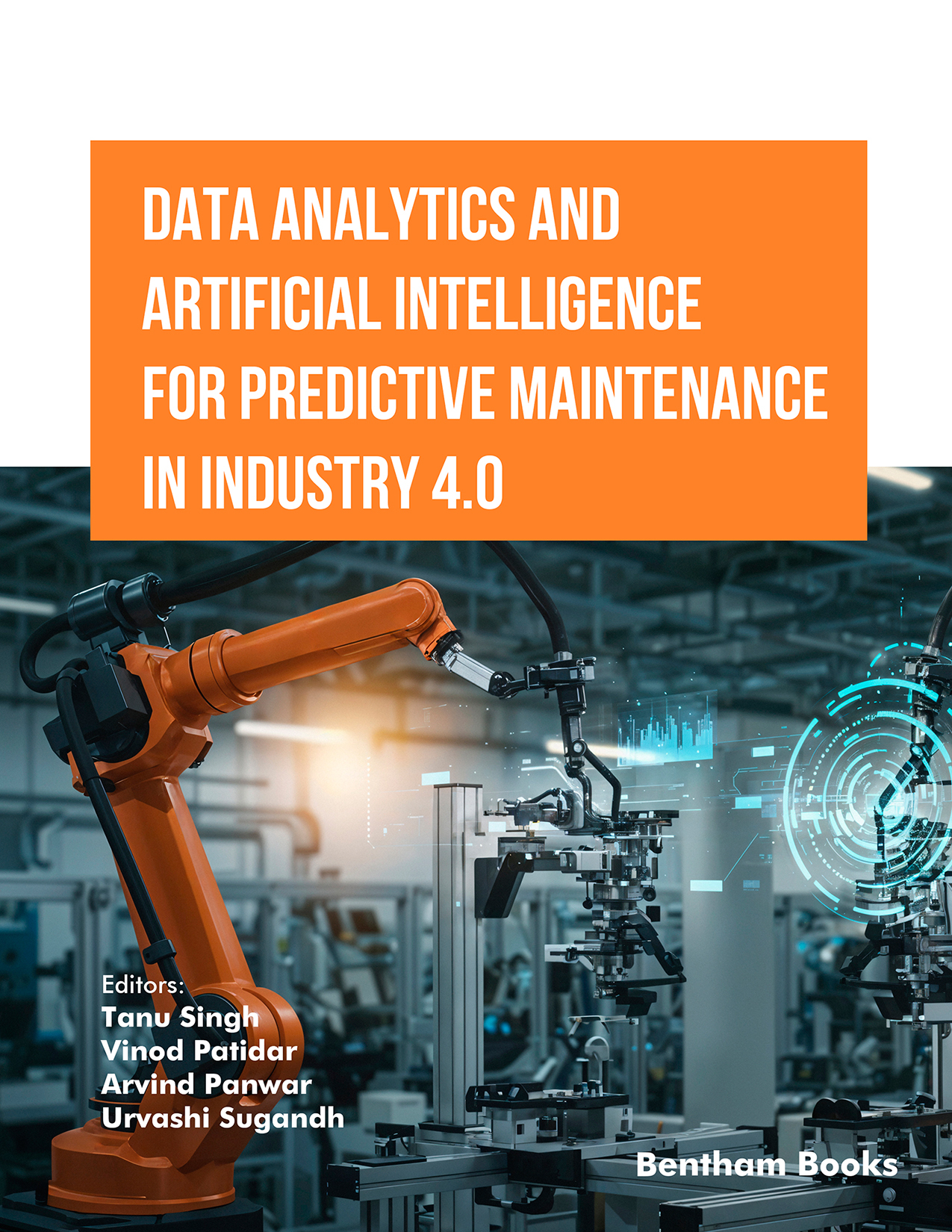The rapid technological advancement in the era of Industry 4.0, led by the integration of cutting-edge technologies such as data-driven systems, smart factories, the Internet of Things (IoT), big data analytics, artificial intelligence, and machine learning, is revolutionizing manufacturing and industrial processes. The adoption of such technologies has innovated a diverse range of solutions, such as predictive maintenance, directing a shift from a reactive and preventive maintenance approach to a highly proactive maintenance approach. The predictive maintenance approach is a key enabler of efficiency in Industry 4.0 due to its ability to anticipate equipment failures, optimize maintenance schedules, and reduce downtime, leading to cost savings and overall increased productivity along with the improvement in safety measures. Artificial Intelligence and data analytics have emerged as crucial technologies in predictive maintenance due to their capabilities of processing vast amounts of data, identifying patterns, and providing actionable insights that improve overall maintenance processes.
The book Data Analytics and AI for Predictive Maintenance in Industry 4.0 offers a thorough overview of how data analytics and artificial intelligence are applied to predictive maintenance across various industries. The chapters in this edited book offer in-depth analyses of the fundamental principles, practical resources, optimization methods, and smart uses of AI and machine learning algorithms, advanced sensor technologies, and resilience against natural disasters for predictive maintenance. These contributions also include real-world case studies on predictive maintenance ensuring that readers gain theoretical as well as practical insights into the application of these technologies.
The book is divided into 13 chapters. Each chapter highlights a key aspect of predictive maintenance and has been carefully selected and peer-reviewed, ensuring that the book offers both theoretical insights and practical applications. The first few chapters offer core principles and knowledge on data analytics, machine learning, and IoT technologies, preparing readers for in-depth exploration of the challenges and opportunities in predictive maintenance. The later chapters provide a thorough overview of big data analytics integration, federated learning techniques for the advancement of agriculture, healthcare predictive analysis, and advanced optimization methods, demonstrating their potential to revolutionize maintenance strategies and improve decision-making. Overall, the book provides a comprehensive summary for a broad audience that includes academics, professionals, and researchers keen to apply data analytics and artificial intelligence for predictive maintenance in a wide spectrum of industries, from agriculture and healthcare to disaster management and manufacturing.
We are grateful to all the authors who have shared their expertise in the form of contributed chapters in this edited volume. Their expertise, diverse experiences, and practical insights offer readers a comprehensive view of the emerging landscape of predictive maintenance.
As editors of this book, our role has been to oversee the organization and compilation of the chapters and to ensure coherence across the content. The responsibility for the integrity, accuracy, and reliability of the scientific material rests with the respective authors. The views and findings expressed in the chapters are those of the authors and do not necessarily reflect those of the editors.
We would like to extend our gratitude to our institutions for their support, resources, and encouragement, without which this book would not have been possible. Special thanks go to our editorial team for their meticulous work in ensuring the quality of this publication.
As the industry undergoes digital transformation, we are sure that this book will inspire innovative ideas and applications in predictive maintenance, leading to more intelligent and resilient industrial operations in the future.
Tanu Singh & Vinod Patidar
School of Computer Science
University of Petroleum and Energy Studies
Dehradun, Uttarakhand, India
Arvind Panwar
School of Computing Science and Engineering
Galgotias University
Gr. Noida, Uttar Pradesh, India
&
Urvashi Sugandh
School of Computer Science and Engineering
Bennett University
Greater Noida, India

